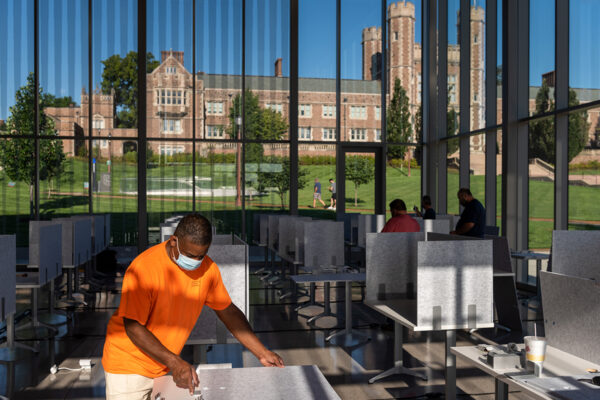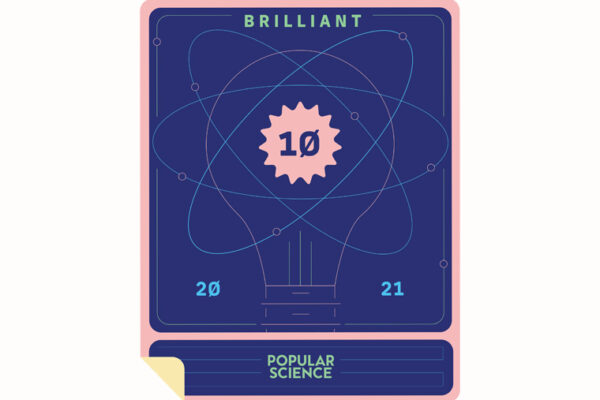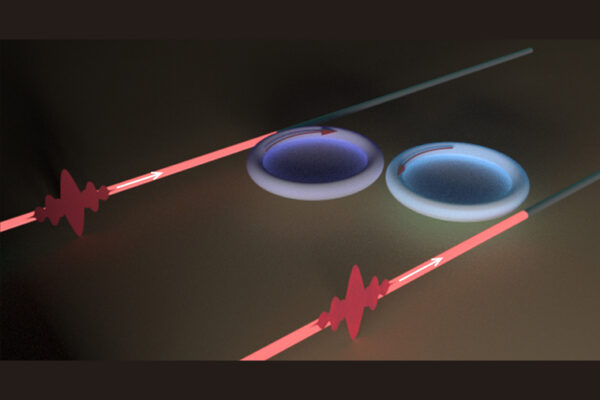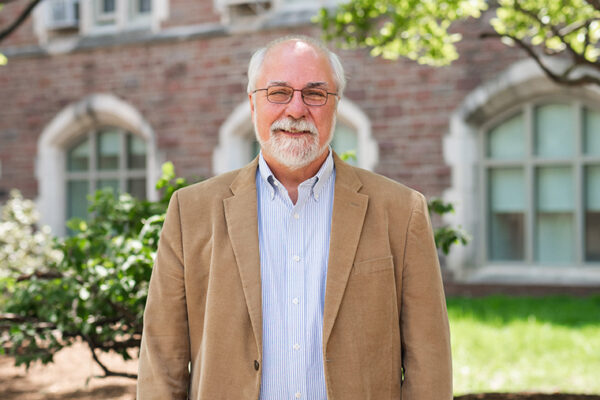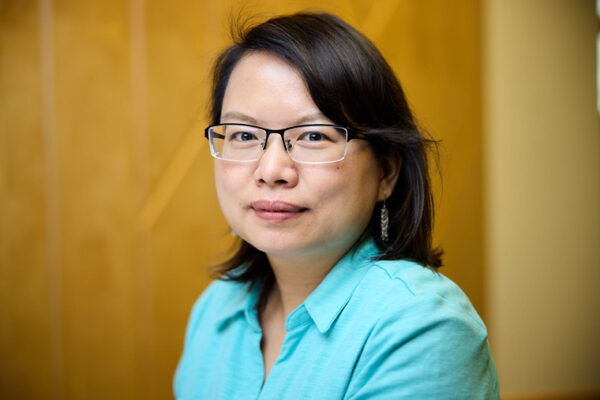University donates study cubbies to support STL organizations
Washington University continues its “In St. Louis, for St. Louis” mission by donating 370 study cubbies to nonprofit organizations in the region. Over 1,000 cubbies were ordered at the pandemic’s outset to keep students safe, but only a portion ultimately were needed.
Way Beyond Bigness
The Need for A Watershed Architecture
“Way Beyond Bigness” is a design-research project that studies the Mekong, Mississippi and Rhine river basins, with particular focus on multi-scaled, water-based infrastructural transformation. The book proposes a simple, adaptive framework that utilizes a three-part, integrative design-research methodology, structured as: Appreciate + Analyze, Speculate + Synthesize, and Collaborate + Catalyze. To do such, “Way Beyond Bigness” realigns watersheds and […]
$11.8 million award renews planetary geosciences data effort
Scientists in the Department of Earth and Planetary Sciences in Arts & Sciences will continue to archive and distribute digital data related to the study of the surfaces and interiors of terrestrial planetary bodies under a five-year cooperative agreement with NASA.
Mars habitability may have been limited by its small size
Research led by Kun Wang in Arts & Sciences suggests a fundamental reason why Mars has no liquid water on its surface today: it may be just too small.
PopSci names Ling one of its ‘Brilliant 10’
Popular Science magazine has named Fangqiong Ling at the McKelvey School of Engineering one of its “Brilliant 10,” highlighting her research studying microbes in water systems.
Behold the humble water flea, locked in a battle of mythological proportions
Biologist Rachel Penczykowski in Arts & Sciences sizes up an unlikely natural phenomenon: when parasitism actually causes the number of hosts to increase, an effect known as a hydra effect. Her study of common water fleas and their fungal parasites includes laboratory components and an analysis of 13 fungal epidemics in nature.
Engineering energy loss provides new features for light absorption
Lan Yang at the McKelvey School of Engineering, along with collaborators at Yale University, reveals new approaches to manipulating light absorption in optical resonators.
Yang leads $1.8M quantum physics research project
Li Yang, professor of physics in Arts & Sciences, leads a team that won a four-year $1.8 million grant from the National Science Foundation to help develop new quantum materials called artificial multiferroics.
Physicist Kelton awarded $1.5M for fluid study on space station
Kenneth F. Kelton, the Arthur Holly Compton Professor of Physics in Arts & Sciences, won a five-year grant from NASA to study fundamental fluid processes in the microgravity environment of the International Space Station.
‘First-in-class’ tool for potential treatment of brain disorders
Biomedical engineer Hong Chen at the McKelvey School of Engineering will use a $2.1 million grant from the National Institutes of Health (NIH) to find noninvasive tools to treat the brain.
Older Stories
